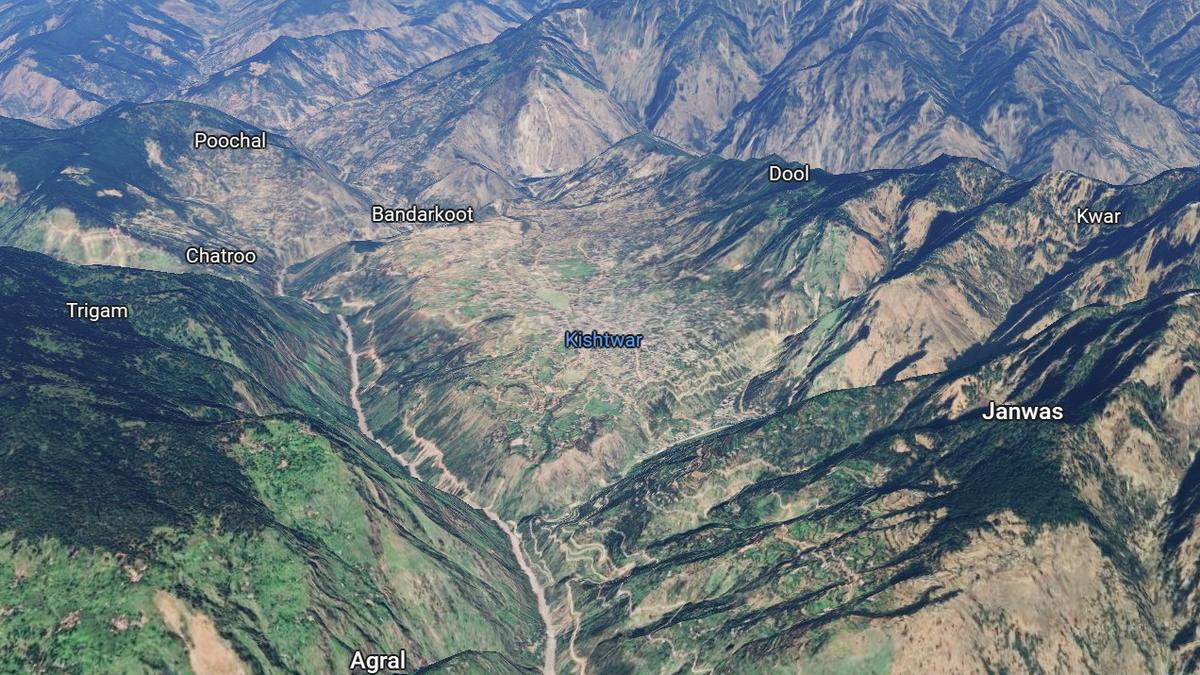WASHINGTON: Gujarat-born Indian-American judge Amit Mehta and two other principals from the subcontinent are at the center of a technology, media, and political maelstrom following a major court ruling on Tuesday that Google acted illegally to maintain primacy in online searches.
In the case first filed during the Trump Presidency, the Department of Justice accused Google of spending billions of dollars each year on securing contracts with Apple, Samsung and others to ensure that it remained the default search engine on their devices.Judge Mehta substantially agreed with the argument in what is considered the biggest antitrust ruling in a quarter century with the potential to shake up the internet and the tech world.
“After having carefully considered and weighed the witness testimony and evidence, the court reaches the following conclusion: Google is a monopolist, and it has acted as one to maintain its monopoly,” US District Judge Mehta wrote in his 277-page ruling on Tuesday that shook the tech and media worlds.
Google “enjoys an 89.2% share of the market for general search services, which increases to 94.9% on mobile devices,” Judge Mehta said in the ruling. Google’s inroads into the media advertising market has nearly destroyed the legacy media in the US and across the world.
Judge Mehta, an Obama appointee to the United States District Court for Washington DC, a high-profile court born in Patan, Gujarat before his parents emigrated to the US. Google’s CEO Madurai-born Sundar Pichai. The third player in the case is London-born Pakistani-American Lina Khan, who heads the Federal Trade Commission, and was nominated to the post by President Biden in 2022.
But the case against Google was brought by the US Justice Department during the final months of the Trump administration in October 2020, with the argument that Google’s practice of paying web browser companies hefty sums to be the default search engine was anti-competitive. Although he accuses the Biden-Harris duo of pursuing a radical-left agenda, Trump and his supporters are also deeply distrustful of Google, seeing it as a socialist cat’s paw and alleging that it manipulates search to show him in poor light and suppresses positive information.
While the Google ruling may please Trump, Mehta has also been at the center of other cases where his rulings went against the former President. In 2022, he rejected Trump’s claim of “absolute immunity” from lawsuits relating to the January 6 Capitol Hill attack, and earlier this year, he sentenced former Trump adviser Peter Navarro to four months in jail for contempt of Congress after defying a subpoena related to the congressional investigation into the attack.
Ironically, it is now fat-cat Democratic supporters of Kamala Harris who are now raging at the Mehta ruling, and demanding that Lina Khan be fired if Democrats return to power under Harris. Trump supporters meanwhile are calling the former President a “Google slayer,” and are calling the company “the evil death star of Silicon Valley.”
The ruling represents a major setback for Google which had argued that its popularity stemmed from consumers’ overwhelming desire to use a search engine so good that it has become synonymous with looking things up online. Google’s search engine currently processes an estimated 8.5 billion queries per day worldwide, giving it unprecedented dominance over other search engines such as Bing and DuckDuckGo.
In the case first filed during the Trump Presidency, the Department of Justice accused Google of spending billions of dollars each year on securing contracts with Apple, Samsung and others to ensure that it remained the default search engine on their devices.Judge Mehta substantially agreed with the argument in what is considered the biggest antitrust ruling in a quarter century with the potential to shake up the internet and the tech world.
“After having carefully considered and weighed the witness testimony and evidence, the court reaches the following conclusion: Google is a monopolist, and it has acted as one to maintain its monopoly,” US District Judge Mehta wrote in his 277-page ruling on Tuesday that shook the tech and media worlds.
Google “enjoys an 89.2% share of the market for general search services, which increases to 94.9% on mobile devices,” Judge Mehta said in the ruling. Google’s inroads into the media advertising market has nearly destroyed the legacy media in the US and across the world.
Judge Mehta, an Obama appointee to the United States District Court for Washington DC, a high-profile court born in Patan, Gujarat before his parents emigrated to the US. Google’s CEO Madurai-born Sundar Pichai. The third player in the case is London-born Pakistani-American Lina Khan, who heads the Federal Trade Commission, and was nominated to the post by President Biden in 2022.
But the case against Google was brought by the US Justice Department during the final months of the Trump administration in October 2020, with the argument that Google’s practice of paying web browser companies hefty sums to be the default search engine was anti-competitive. Although he accuses the Biden-Harris duo of pursuing a radical-left agenda, Trump and his supporters are also deeply distrustful of Google, seeing it as a socialist cat’s paw and alleging that it manipulates search to show him in poor light and suppresses positive information.
While the Google ruling may please Trump, Mehta has also been at the center of other cases where his rulings went against the former President. In 2022, he rejected Trump’s claim of “absolute immunity” from lawsuits relating to the January 6 Capitol Hill attack, and earlier this year, he sentenced former Trump adviser Peter Navarro to four months in jail for contempt of Congress after defying a subpoena related to the congressional investigation into the attack.
Ironically, it is now fat-cat Democratic supporters of Kamala Harris who are now raging at the Mehta ruling, and demanding that Lina Khan be fired if Democrats return to power under Harris. Trump supporters meanwhile are calling the former President a “Google slayer,” and are calling the company “the evil death star of Silicon Valley.”
The ruling represents a major setback for Google which had argued that its popularity stemmed from consumers’ overwhelming desire to use a search engine so good that it has become synonymous with looking things up online. Google’s search engine currently processes an estimated 8.5 billion queries per day worldwide, giving it unprecedented dominance over other search engines such as Bing and DuckDuckGo.






